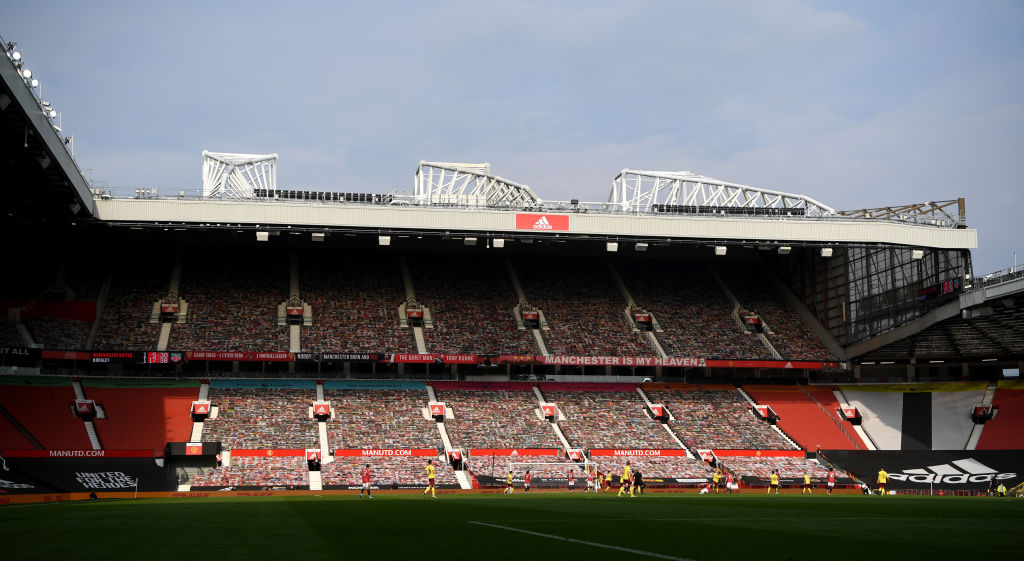Short of dropping Harry Kane from the England team, and replacing him with Andy Carroll on the grounds that what we really need is a big man up front, it is hard to imagine a footballing decision that could be less popular. Twelve of Europe’s biggest clubs, including Manchester City, Chelsea and Liverpool, have announced plans for a break-away ‘European Super League’. Alongside the domestic competitions, the 12 elite clubs would play each other regularly season after season.
Football decided 30 years ago to become a big money game, and has been rewarded with massive global audiences
The reaction, to put it mildly, has not been 100 per cent positive, and not just from the now empty terraces. The Prime Minister Boris Johnson condemned the plan on Twitter. Sir Keir Starmer joined in quicker than you can say offside, while the oddly-titled ‘European Commissioner for Promoting the European Way of Life’ Margaritis Schinas decided it was an affront to that, er, ‘way of life’, tweeting ‘We must defend a values-driven European model of sport based on diversity and inclusion. There is no scope for reserving it for the few rich and powerful clubs.’ Heck, at this rate, there may finally be something that Johnson and Ursula von der Leyen can agree on, and the whole plan may have been outlawed by emergency legislation by tomorrow morning.
But hold on. The major clubs in question are private companies, owned by a diverse group of international investors. Surely it is up to them to decide how to arrange their own affairs, not a group of politicians? The Super League might be a great idea commercially or it might be a terrible one. We will see. Perhaps Liverpool against Real Madrid and Arsenal against Barcleona will be a huge hit on Amazon Prime or whichever streaming service signs up the broadcasting rights. Or maybe it will become a dull damp squib, and we will all go back to watching Aston Villa against Wolves on a Tuesday night. It could go either way. But the clubs and the broadcasters are surely entitled to risk their capital, and make their own bets on where the viewers are and what they want, as any commercial enterprise does.
It is ridiculous for the government or indeed the fans to claim any special ownership of the clubs. Sure, you can make an argument for salary caps for players and transfer restrictions to maintain a rough equality between clubs as, for example, the National Football League does in the United States. And yet, in truth that ship sailed a long time ago. Football decided 30 years ago to become a big money game, and has been rewarded with massive global audiences and vast increases in revenues (while the NFL, by contrast, is a purely domestic competition).
It is too late to turn back the clock on that now. The big clubs have become hooked on money, to buy the best players and to create the most entertaining sporting spectacle the world has ever seen. There is not much of a case for the government to step in now and attempt to restructure the game (especially when it has caused a financial crisis by banning spectators for the last year). In truth, state control doesn’t work for most industries. It is a recipe for decline and mis-management. We should leave football to the free market, just like any other business – and let companies and their customers work out what the product should look like.






Comments